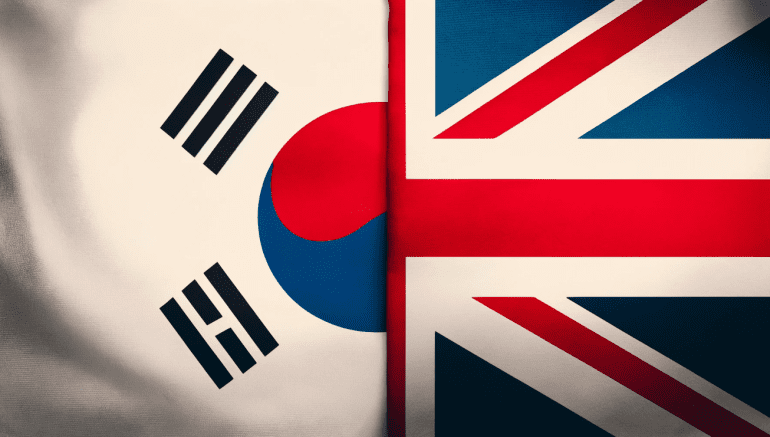- South Korea and the UK are jointly hosting a pivotal AI summit in Seoul, building on the momentum from the inaugural event held in November.
- The summit addresses emerging risks associated with AI, including job displacement, cybersecurity threats, and ethical concerns.
- Leaders advocate for cohesive international standards to guide AI development and mitigate potential negative impacts.
- Key agenda items include AI safety, innovation promotion, and ensuring inclusivity in AI adoption.
- Participation from G7 nations, Singapore, Australia, and China underscores the global significance of the summit.
- The summit seeks to address a broad spectrum of AI-related challenges, from existential risks to issues like inequality and environmental sustainability.
Main AI News:
South Korea and the UK are set to co-host a landmark AI summit in Seoul this week, reflecting the accelerating pace of innovation since the inaugural event held last November. Governments worldwide find themselves grappling with a myriad of emerging risks stemming from the rapid advancement of artificial intelligence.
The global AI safety report, endorsed by experts from over 30 nations, underscores potential perils such as widespread job displacement, AI-fueled cyber intrusions or bioterrorism, and the specter of losing control over all-encompassing AI systems. While the probability of these risks remains a subject of debate, the urgency for enhanced AI governance is undeniable.
Against this backdrop, British Prime Minister Rishi Sunak and South Korean President Yoon Suk Yeol will preside over a virtual summit on Tuesday. Their joint op-ed in prominent publications emphasizes the imperative for cohesive international standards to avert a downward spiral in AI development.
The agenda for the AI Seoul Summit, expanding on themes introduced during the previous AI Safety Summit, encompasses three key pillars: AI safety, fostering innovation, and promoting inclusivity in AI adoption. Expectations are high for substantive discussions aimed at forging consensus on regulatory frameworks and ethical guidelines.
Notably, the participation of leaders from the G7 nations, Singapore, Australia, and China underscores the global significance of this gathering. China’s involvement in the ministerial session highlights the imperative for inclusive dialogue and cooperation in addressing AI-related challenges.
As highlighted in the AI safety report, the risks posed by AI extend beyond existential threats to encompass issues like AI-driven inequality, data privacy concerns, intellectual property rights infringements, and the environmental footprint of AI infrastructure.
Reflecting on past engagements, the upcoming summit aims to build upon initiatives like the “Bletchley Declaration,” where key stakeholders, including prominent figures like Elon Musk and leaders from China, affirmed their commitment to collective risk management in AI development.
In anticipation of the event, Musk expressed his interest, signaling the widespread recognition of the summit’s significance in shaping the future trajectory of AI. The extent of Musk’s involvement in the summit remains uncertain, but his engagement underscores the high stakes and global attention surrounding AI governance efforts.
Conclusion:
The Seoul Summit underscores the growing recognition of the need for coordinated global efforts to govern AI responsibly. Businesses operating in the AI market should anticipate increasing scrutiny and regulatory demands, necessitating proactive measures to ensure compliance and ethical use of AI technologies. Moreover, collaboration across borders and industries will be crucial in addressing the multifaceted challenges posed by AI while unlocking its potential for positive societal impact.

